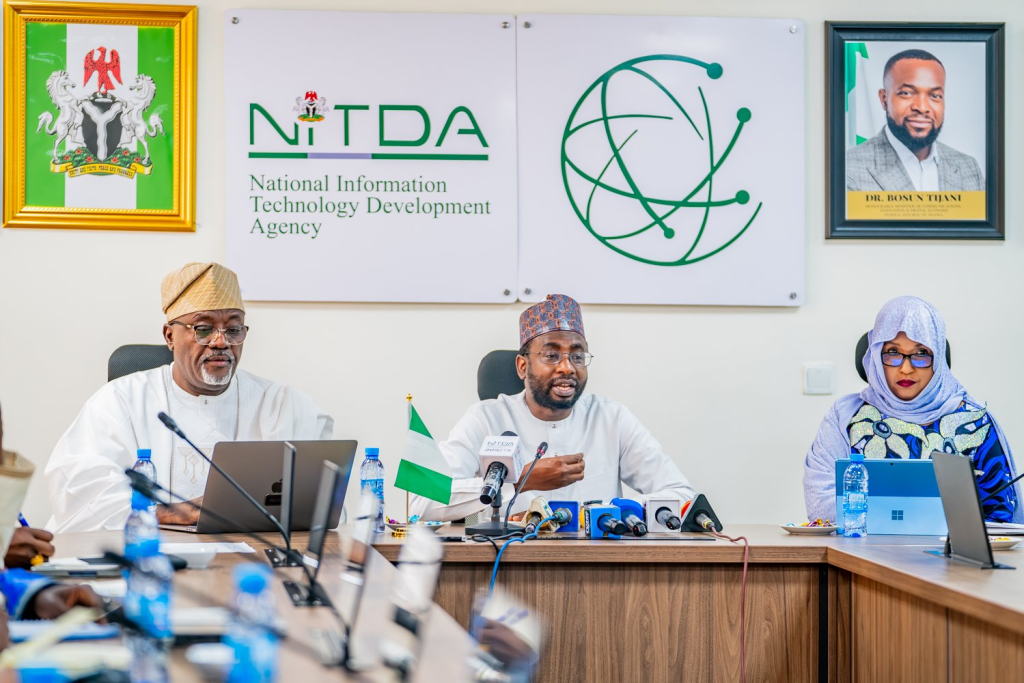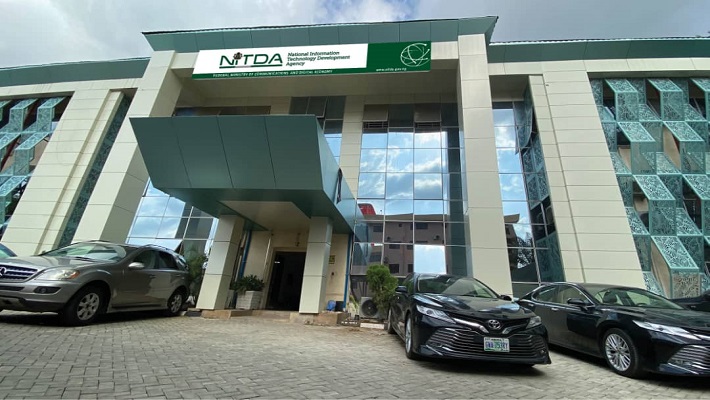Nigerian President Bola Tinubu has tasked the National Information Technology Development Agency (NITDA) to spearhead the implementation of the Anti-Money Laundering (AML), Combating the Financing of Terrorism (CFT), and Counter-Proliferation Financing (CPF) Data Management Platform project.
This initiative aims to remove Nigeria from the Financial Action Task Force’s (FATF) Grey List by 2025, a move that follows Nigeria’s inclusion in the list in February 2023.
NITDA is set to develop improved systems for managing financial data and ensuring compliance in collaboration with the Nigerian Financial Intelligence Unit (NFIU).
During the inaugural meeting for the project, Kashifu Inuwa, NITDA’s Director-General, discussed how the project would address the deficiencies highlighted in Nigeria’s Mutual Evaluation Report (MER). These deficiencies included issues with rising capital inflows and shortcomings in tackling money laundering, terrorism financing, and arms financing.
Inuwa emphasised that the goal of building a more effective system was to boost global compliance and position Nigeria as a key player in combating financial terrorism and other financial crimes.
“This will help us create visibility in Nigeria and improve our global reputation in the financial market,” he stated.

The project is also expected to enhance national security by tracking illicit financial flows, disrupting criminal networks in the financial sector, and strengthening law enforcement.
Inuwa highlighted that the initiative aligns with President Tinubu’s commitment to fighting corruption and financial crime through innovation and technology.
Rep. Stanley Adedeji, Chairman of the House of Representatives Committee on ICT and Cybersecurity, affirmed the National Assembly’s support for the project, pledging to ensure adequate funding and amending laws if necessary to facilitate its success.
Hajiya Hafsat Bakari, Director-General of NFIU, emphasised the need for continued collaboration among stakeholders to sustain progress beyond the initial goal of exiting the grey list.
She stressed that the project should be data-driven and based on real-time, credible, and accessible information for both domestic and international partners.
In February 2023, Nigeria was placed on the FATF Grey List due to inadequate efforts in addressing financial crime, including money laundering and terrorism financing.
The FATF, an intergovernmental organisation, places countries on the grey list to highlight their failure to meet anti-money laundering (AML) and countering the financing of terrorism (CFT) standards. Countries on this list are subject to increased monitoring and are expected to address the issues within a specific timeframe.


